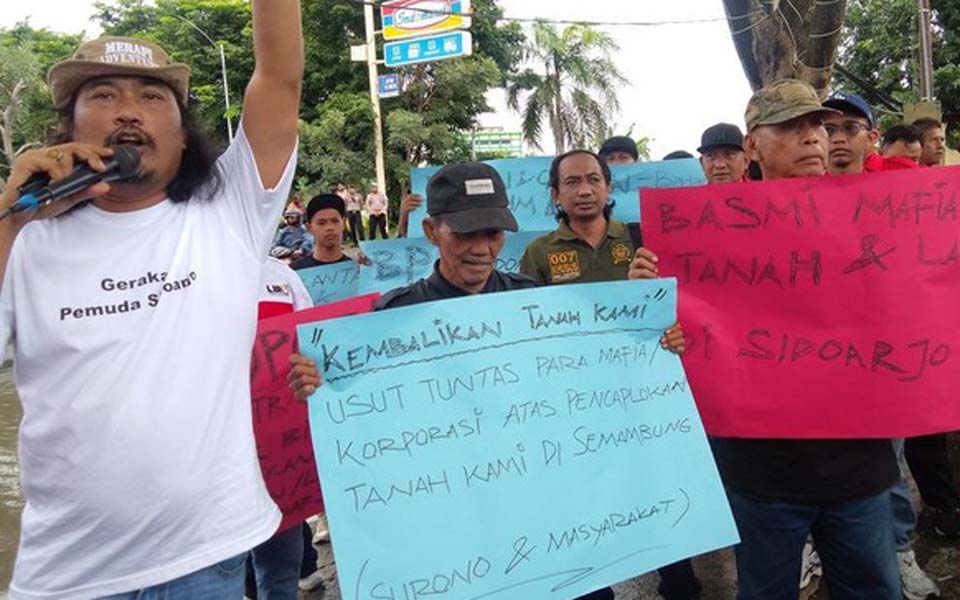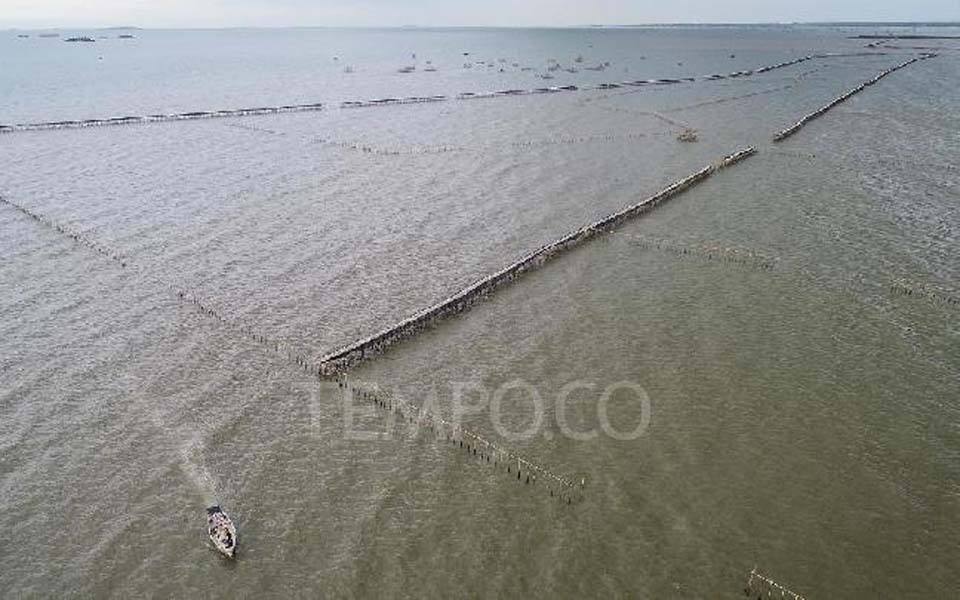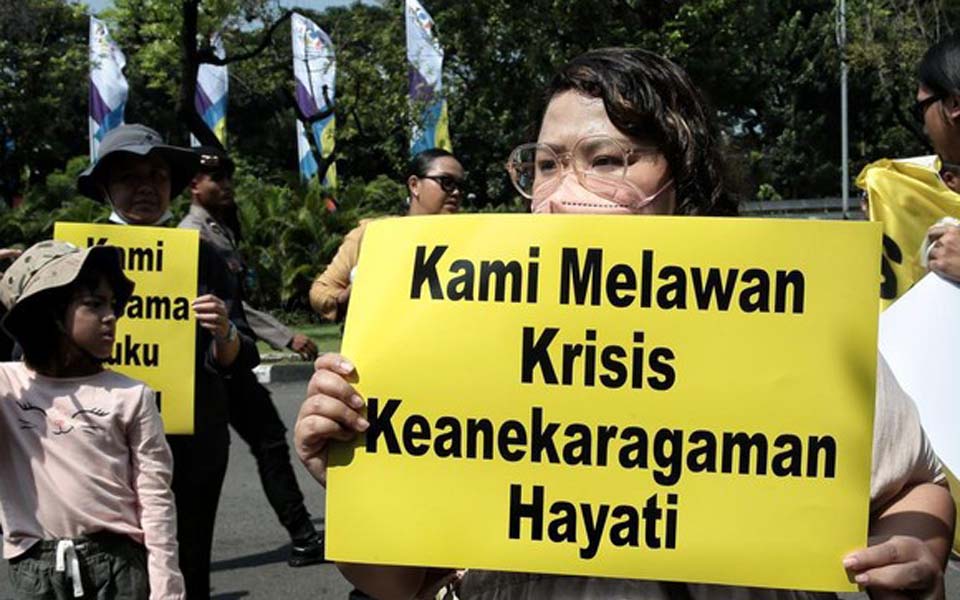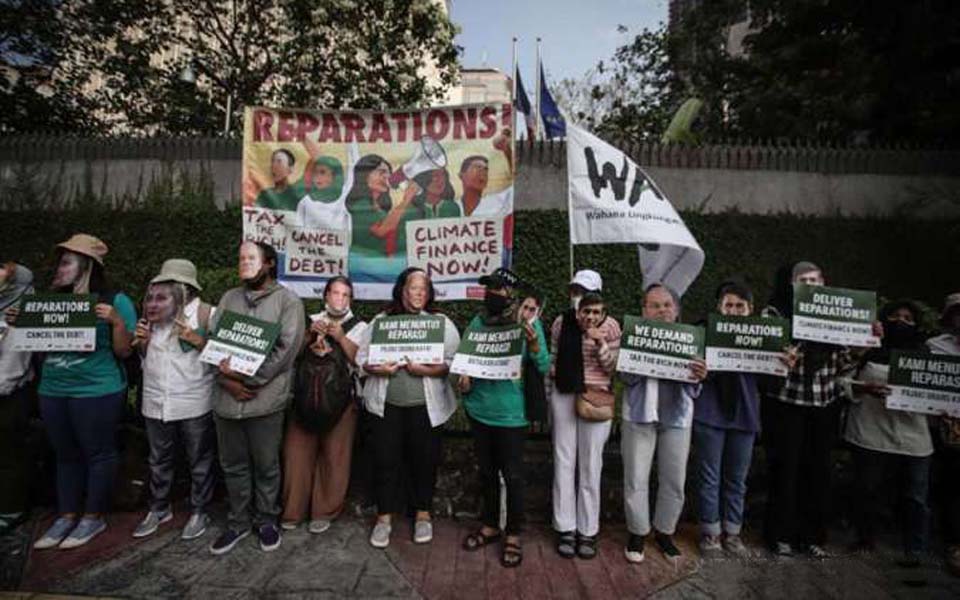Jakarta – The Indonesian Forum for the Environment (Walhi) says that around 350 companies will be let off the hook thanks to the enactment of Law Number 11/2020 on Job Creation (Ciptaker). This number may change because Walhi is still collecting data.
Walhi Food, Water and Essential Ecosystem Campaign Manager Wahyu Perdana said that the 350 companies were initially operating illegally because they were located in forest areas. After the Job Creation Law however, hundreds of these companies will be given time to meet the administrative requirements to continue doing this.
"We're still calculating, there are around 350 companies who will be let off the hook. Yet prior to the Job Creation Law it was illegal to operate like that in forest areas", Perdana told CNN Indonesia on Monday December 13.
Perdana said that this is stipulated under Article 110A of the Jobs Law which states that companies will be given a maximum of three years to complete the requirements.
"Anyone who conducts business activities which are already established and has a business permit in a forest area before the enactment of this law who has not yet fulfilled the requirements in accordance with legislation on forestry affairs, is obliged to complete these requirements within three years at the latest after this law comes into force", reads Article 110A Paragraph 1.
According to Perdana, this article ignores law enforcement and does not resolve the existing problem. As a result, hundreds of companies, ranging from timber, palm oil through to mining companies will still be able to operate in forest areas.
Perdana noted that the Constitutional Court (MK) recently issued ruling Number 91/PUU-XVIII/2020 declaring the Jobs Law conditionally unconstitutional and giving the government two years to revise the law.
Under this ruling, it is prohibited to issue strategic policies for two years. But companies can take advantage of this time frame to deal with administrative issues.
"The time frame in the MK decision is two years without being allowed to issue new strategic policies. But these two years are long enough to deal with administrative issues", he said.
Based on Walhi's records, at least 62 percent of forest land has been allocated to concessions for big corporations. With the existence of the Jobs Law, these concessions could potentially increase.
This is because aside from Article 110A, several environmental non-government organisations and academics have also highlighted the removal of the stipulation on the 30 percent limit on the conversion of forest areas (Article 35). (yul/DAL)
[Translated by James Balowski. The original title of the article was "Walhi: 350 Korporasi Ilegal Kelola Hutan Selamat Berkat UU Ciptaker".]















